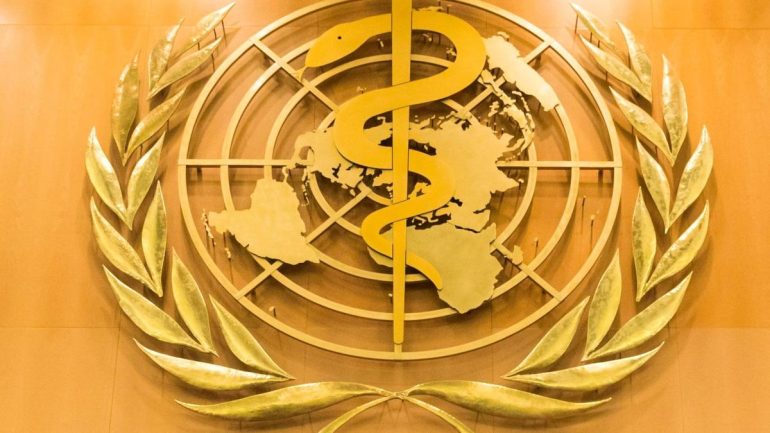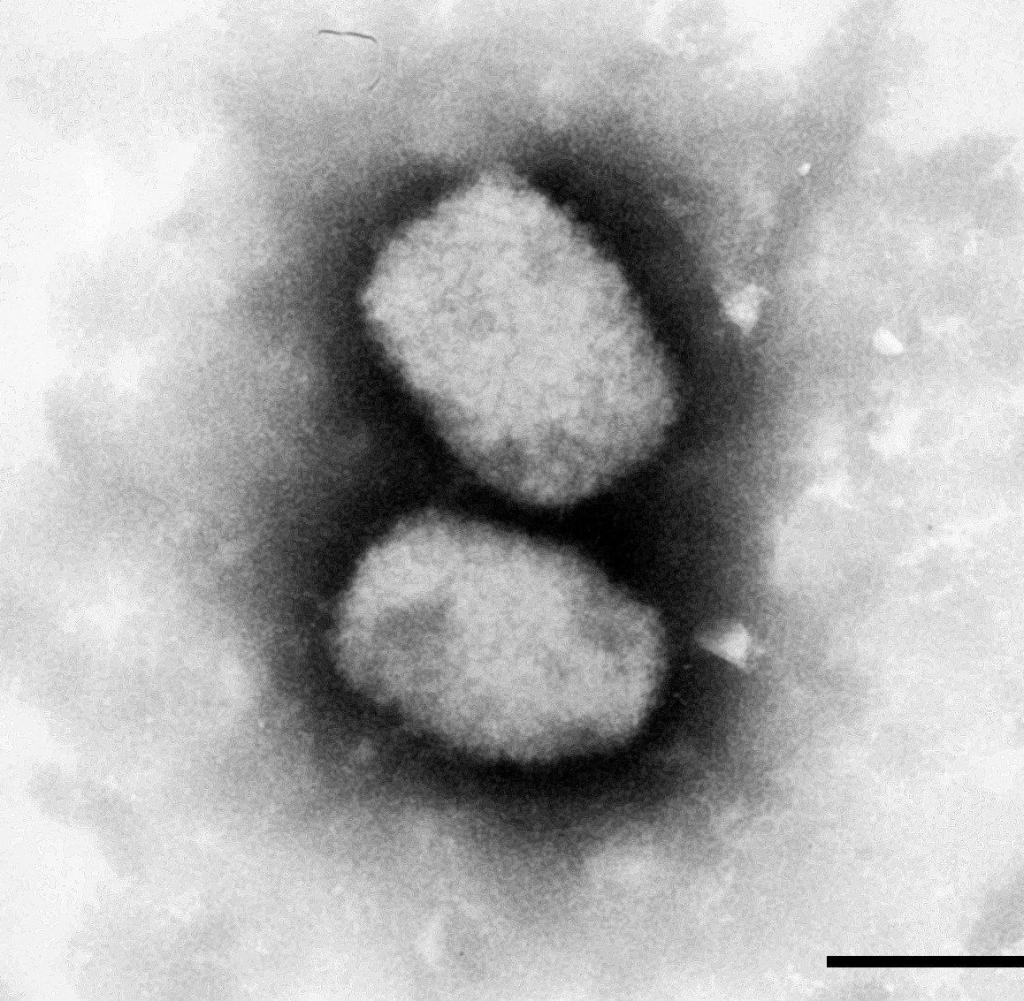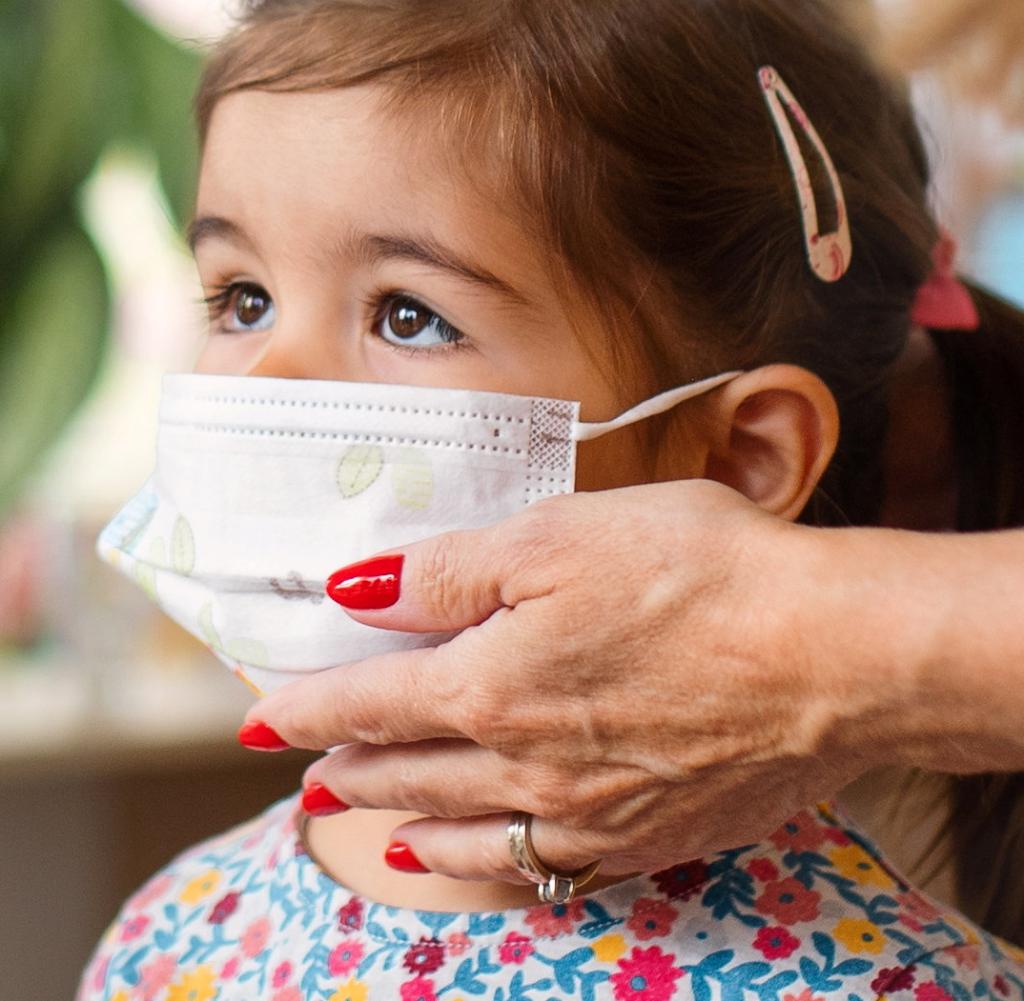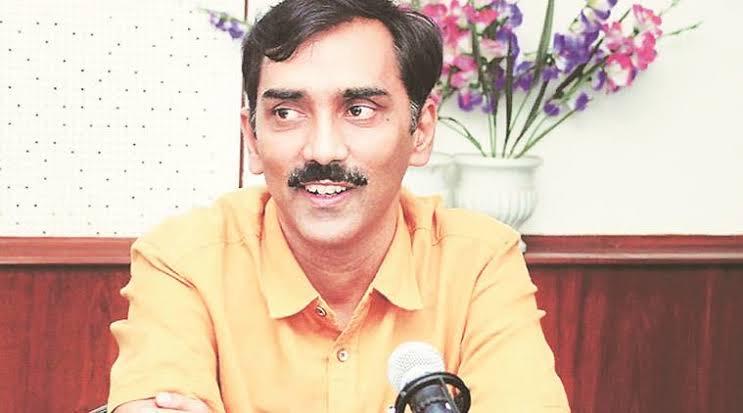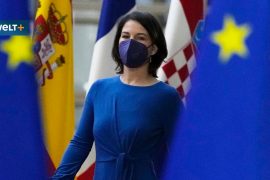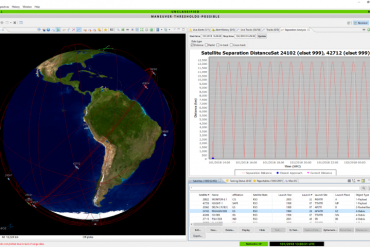What is behind the “brutal propaganda” against WHO’s advice?


The WHO is planning a pandemic deal, but false news is rife
Source: Peter Clounzer/Keystone/DPA
An FDP member of the Bundestag warns of a “brutal and coordinated propaganda campaign”: the false claim that the WHO is planning a contract that would undermine the democratic framework is circulating on the Internet. A look at the facts.
IIn the next few years, members of the World Health Organization (WHO) intend to conclude an agreement for better management of the pandemic. The WHO meeting in Geneva from 22 to 28 May will also deal with global health emergencies.
In the meantime, however, propaganda about a pandemic pact planned by the WHO continues to circulate on social media and is also reaching members of the Bundestag at large. On Twitter, deputy FDP parliamentary group leader Konstantin Kuhle recently called it “brutal and coordinated propaganda”. There were piles of letters in the mailboxes of public representatives.
Assertion: WHO is planning a treaty that will result in dismantling of democratic structures in nation states.
Rating: Incorrect.
Fact: The planned WHO pandemic agreement does not even exist in a draft form. In fact, it has a long way to go: On December 1, 2021, 194 members of the WHO decided to reach an agreement on better management of pandemics in the future. Up for debate, for example: better tools, new decision-making bodies and more money for early pandemic detection. WHO is not planning to adopt a new agreement or contract until May 2024.
But what it will actually look like is completely open at the moment. It is also not certain whether the treaty will also become a treaty – that is, binding on all signatory states. Solutions will also be possible with recommendations. The European Union and about 40 other countries stand behind a deal in the form of a contract. The US and China have so far been skeptical.
The public debate about the planned pandemic agreement is now wrestling with how much power should be given to the WHO. However, claims that the WHO treaty could repeal the German Basic Law or that compulsory vaccination has been threatened are false.
Through the 2005 International Health Regulations, the WHO already has the authority and obligation to declare a “health emergency of international concern”. It can be linked to recommendations – but not mandatory directives – to restrictive measures. WHO used this right during the Kovid-19 epidemic. However, in the end, member states decide on measures to tackle the pandemic.
WHO director general criticizes misinformation
Similar WHO agreements always contain references to the fact that signatory states must implement the agreement within the framework of their national constitutional mandate. This is stated in Article 19 of the WHO Constitution. In principle, this ensures that an international treaty cannot undermine the democracy and parliament of a WHO member. If there is any doubt that constitutional courts can decide in a specific case.
Ahead of the WHO’s annual meeting on 22-28 May in Geneva, Director-General Tedros Adhanom Ghebreyesus criticized misinformation about plans for the pandemic agreement. Minorities make misleading statements and deliberately distort facts. “Our mandate is 100 percent determined by the member states and what they agree on,” Tedros said in Geneva on Tuesday. The 1948 WHO constitution, like the current proposal for a pandemic agreement, does not mean that the WHO undermines the sovereignty of its member states.
The topic of the pandemic treaty is also not on the agenda at the World Health Assembly next week: the negotiating group should not report on its results for two years, as WHO chief counsel Steven Solomon explained recently in Geneva.
Instead, proposed changes to international health regulations will be discussed at the conference in Switzerland. Replacing them would be another way for the world to identify and fight pandemics more quickly. The current offer comes from the USA. It is about stricter rules to report and respond to health emergencies more quickly.
But the scope of this US application has also been underestimated: it is still unclear whether WHO members will accept the proposed changes to the form during the World Health Assembly. According to experts, there is a possibility of further discussion and amendment. Because in the end countries have to agree. Director-General Tedros said the WHO represents “what the sovereign 194 member states want.”

Introvert. Proud beer specialist. Coffee geek. Typical thinker. Pop culture trailblazer. Music practitioner. Explorer.

